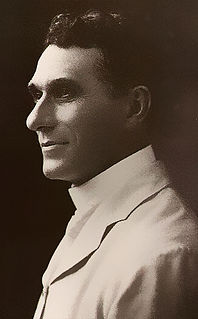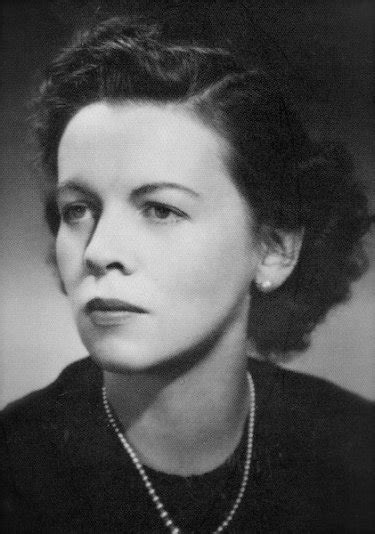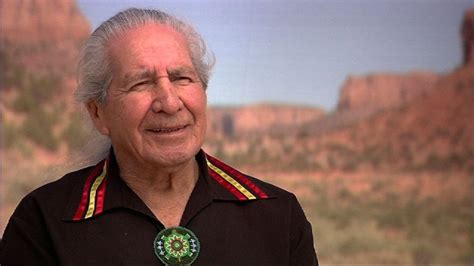A Quote by Alexis de Tocqueville
European Christianity has allowed itself to be intimately united with the powers of this world. Now that these powers are falling, it is as if it were buried under their ruins.
Related Quotes
The United States of America was a pirate nation for the first one hundred years of its existence, ripping off the patents and trademarks of the imperial European powers it had liberated itself from by blood. By keeping their GDP at home, the U.S. revolutionaries were able to bootstrap their nation into an industrial powerhouse. Now, it seems, their descendants are bent on ensuring that no other country can pull the same trick off.
When great powers fade, as they inevitably must, it's normally for one of two reasons. Some powers exhaust themselves through overreach abroad, underinvestment at home, or a mixture of the two. This was the case for the Soviet Union. Other powers lose their privileged position with the emergence of new, stronger powers.
Spirituality brings a class of men who lay exclusive claim to the special powers of the world. The immediate effect of this is a reaction towards materialism, which opens the door to scores of exclusive claims, until the time comes when not only all the spiritual powers of the race, but all its material powers and privileges are centred in the hands of a very few; and these few, standing on the necks of the masses of the people, want to rule them. Then society has to help itself, and materialism comes to the rescue.
World conditions challenge us to look beyond the status quo for responses to the pain of our times. We look to powers within as well as powers without. A new, spiritually based social activism is beginning to assert itself. It stems not from hating what is wrong and trying to fight it, but from loving what could be and making the commitment to bring it forth.
In the beginning of his human life man was embryonic in the world of the matrix. There he received capacity and endowment for the reality of human existence. The forces and powers necessary for this world were bestowed upon him in that limited condition. In this world he needed eyes; he received them potentially in the other. He needed ears; he obtained them there in readiness and preparation for his new existence. The powers requisite in this world were conferred upon him in the world of the matrix.







































